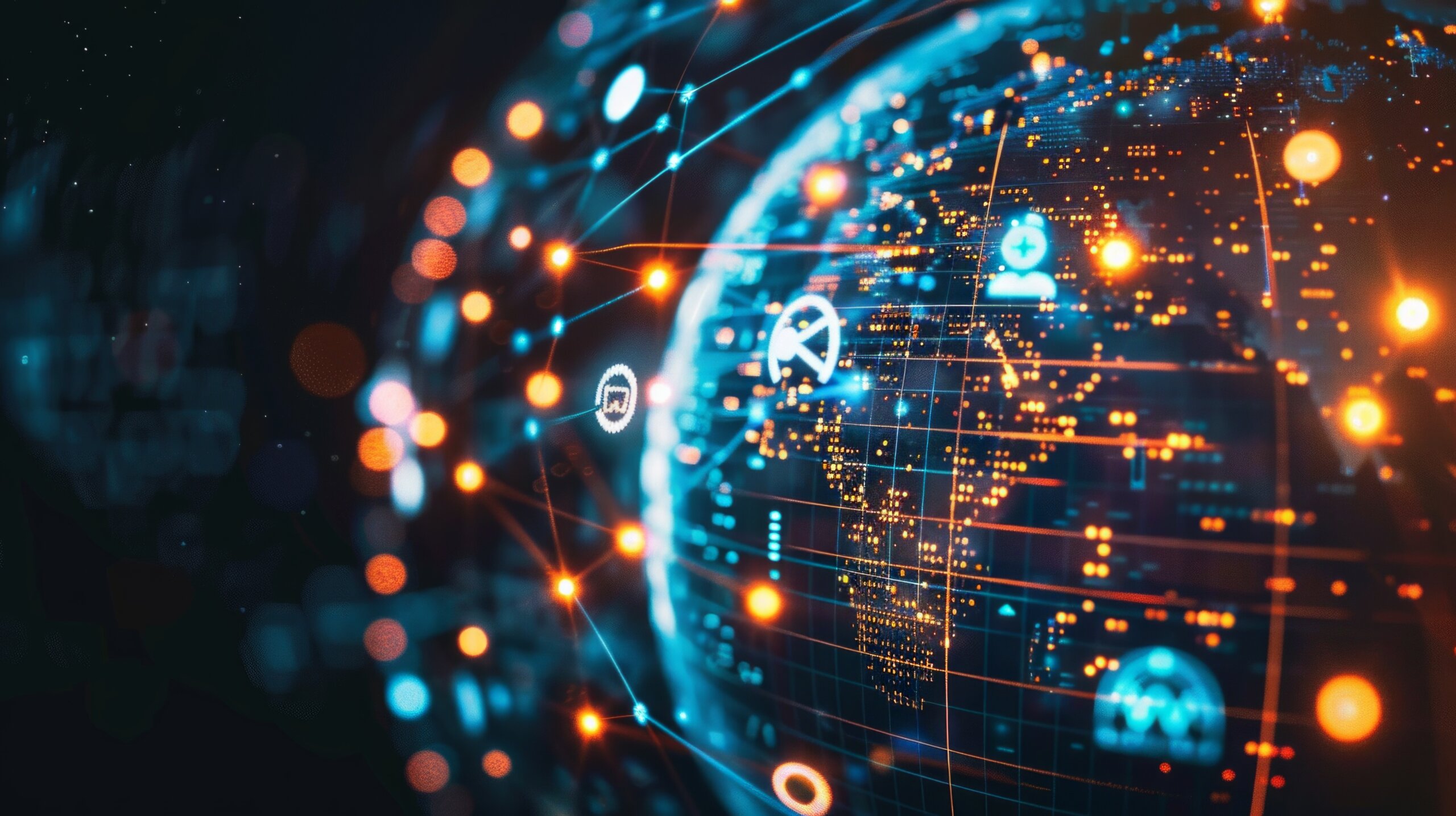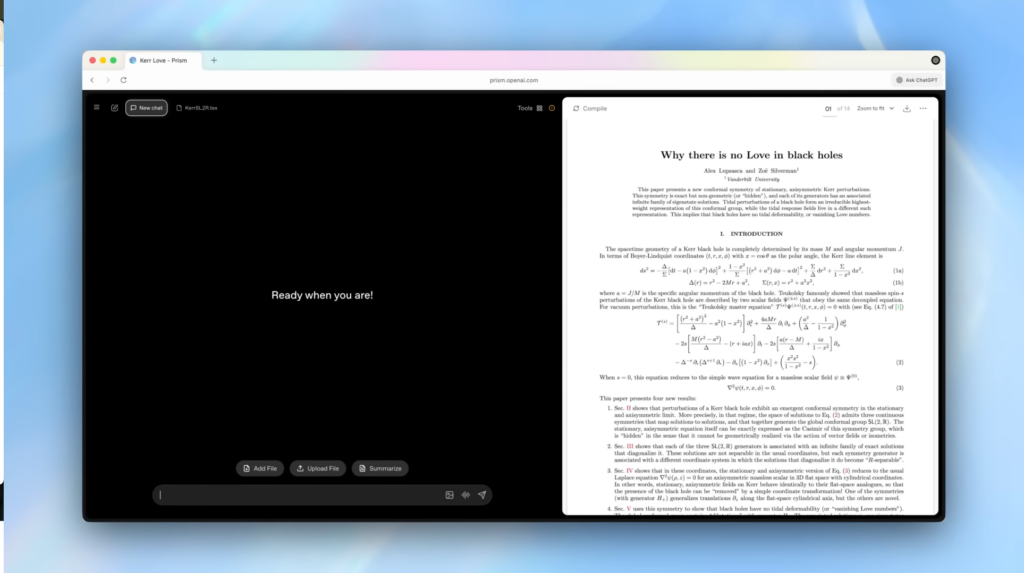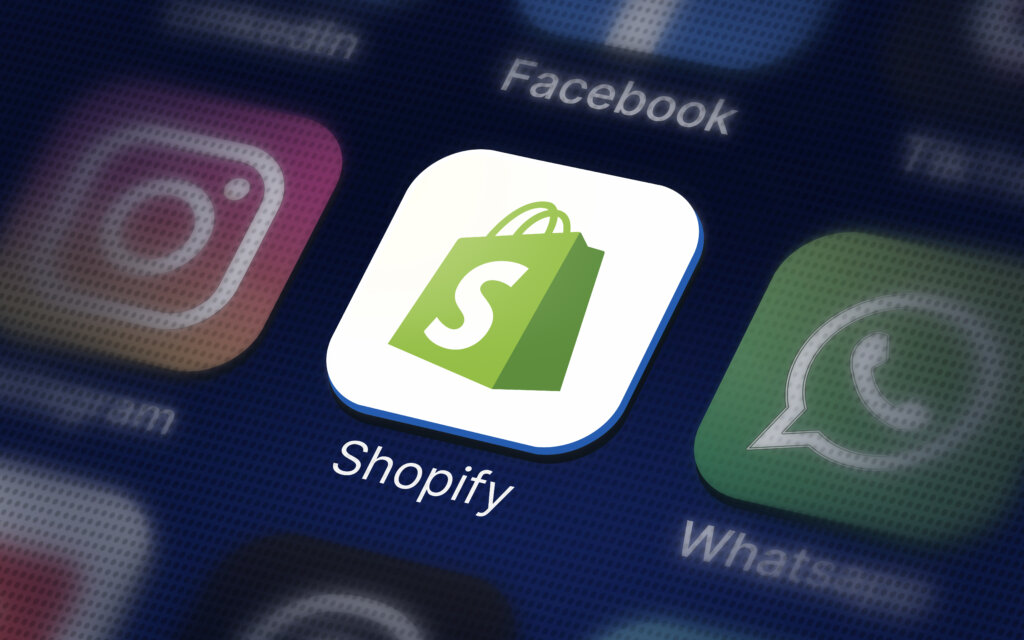Marketing and public relations (PR) are evolving at a rapid pace, with AI, data-driven strategies, and social commerce redefining the industry. Whether you’re a seasoned marketer, PR professional, or brand looking to scale, understanding key industry terms is crucial.
This comprehensive glossary covers 50+ essential marketing and PR terms, including emerging trends like AI Optimization (AIO) and Generative Engine Optimization (GEO). Enjoy!
Table of Contents
Marketing Terms
A/B Testing
Comparing two versions of a webpage, email, or ad to determine which performs better based on engagement, conversion rates, and ROI.

AI Optimization (AIO)
Optimizing content and campaigns for AI-driven search engines and recommendation algorithms, such as Google’s Search Generative Experience (SGE) and ChatGPT-based searches. Learn about Google’s AI-powered search.
Attribution Model
A framework for assigning credit to marketing touchpoints, including first-touch, last-touch, and multi-touch attribution models.
AI Share of Voice (AI SOV)
The percentage of AI-generated search results or conversational AI interactions that mention a brand compared to competitors, critical for brands adapting to AI-powered search.
Backlink
A link from another website pointing to yours, crucial for SEO ranking and domain authority. See Google’s link-building best practices.
Bounce Rate
The percentage of users who leave a webpage without taking action. A high bounce rate can signal poor engagement or irrelevant content.
Brand Equity
The perceived value of a brand based on customer loyalty, awareness, and reputation.
CAC (Customer Acquisition Cost)
The total cost of acquiring a new customer, calculated by dividing marketing spend by the number of new customers.
Click-Through Rate (CTR)
The percentage of users who click on a link, ad, or CTA after seeing it. A high CTR often signals strong messaging and relevance.
Conversational AI
AI-driven chatbots and virtual assistants that engage customers through natural language processing (NLP). Examples: ChatGPT, Google Bard, and Meta AI.
Content Marketing
A strategy focused on creating and distributing valuable, relevant content to attract and retain an audience. HubSpot’s guide to content marketing.
Conversion Rate Optimization (CRO)
The practice of increasing the percentage of website visitors who take a desired action (purchase, sign-up, etc.).
Dark Social
Untrackable traffic from private sharing, such as DMs, emails, and Slack messages. Read more on Hootsuite’s dark social guide.
Demand Generation
Creating awareness and interest for a product or service, often through paid media, content marketing, and lead generation campaigns.
Email Deliverability
The likelihood of an email reaching the inbox rather than spam. Influenced by sender reputation, authentication, and engagement metrics.
Generative Engine Optimization (GEO)
A new SEO strategy focused on optimizing content for AI-generated search results in tools like Google SGE, ChatGPT, and Perplexity AI.
GMV (Gross Merchandise Value)
The total value of merchandise sold through an e-commerce platform before deductions like discounts, returns, or operating costs.
Growth Marketing
A data-driven approach that leverages A/B testing, personalization, and analytics to drive rapid business growth.
Influencer Marketing
Partnering with social media influencers to promote products or services. Read more on influencer marketing strategies.
Interactive Content
Engaging formats such as quizzes, polls, calculators, and AR/VR experiences designed to boost user interaction.
Omnichannel Marketing
A seamless marketing approach integrating multiple touchpoints (email, social, in-store) for a consistent customer experience.
Performance Marketing
A data-driven marketing model where advertisers pay based on actions like clicks, conversions, or leads.
Programmatic Advertising
AI-powered automated buying and selling of ads, optimizing placements in real time.
Retargeting
Displaying ads to users who previously interacted with a brand, increasing conversion rates.
ROAS (Return on Ad Spend)
A metric measuring revenue generated for every dollar spent on advertising, crucial for assessing campaign performance.
Social Commerce
The integration of shopping and e-commerce directly within social platforms like TikTok Shop, Instagram Shopping, and Facebook Marketplace.
User-Generated Content (UGC)
Content created by customers, brand advocates, or influencers, often leveraged for authenticity and engagement.
AI Optimization Terms
Not familiar with the term AI Optimization (AIO)? Pop back up to the top of this blog for the full scoop.
AI Agents
Autonomous intelligent systems designed to perform tasks independently on behalf of users or other systems.
AI Crawler
An automated program that systematically browses and indexes web content for search engines and other AI applications.
AI Hallucinations
When an artificial intelligence system generates false, misleading, or nonsensical information that appears plausible but is not based on real data or facts. These errors often occur due to limitations in training data, model biases, or overgeneralization, leading AI to fabricate details, events, or sources.
AI Overviews
A search feature that uses generative artificial intelligence to create comprehensive summaries of topics from multiple sources, displayed prominently in search results.
AI-Powered Search
Search engines that use artificial intelligence to understand user intent and provide more accurate, contextual results.
AI Slop
Low-quality, generic, or inaccurate content generated by artificial intelligence tools. Read more on AI Slop here.
Agentic AI
A form of artificial intelligence that goes beyond passive data retrieval to actively perform tasks on behalf of users. Unlike traditional AI models that supply information, agentic AI can take actions such as making reservations, purchasing products, managing workflows, and executing complex processes autonomously. This advancement enables AI to function as a proactive digital assistant, streamlining tasks and decision-making in both consumer and enterprise applications.
Agent Experience (AX)
The overall interaction and usability of AI systems when performing tasks on behalf of users, encompassing factors like ease of use, efficiency, and effectiveness.
Answer Engine Optimization (AEO)
A content optimization strategy focused on providing direct, concise answers to user queries, tailored for AI-powered search and voice assistant platforms.
Artificial General Intelligence (AGI)
A theoretical form of AI that can perform any intellectual task a human can.
Content Atomization
Breaking down larger pieces of content into smaller, AI-friendly chunks for better retrieval and use in AI systems.
Deep Learning
A subset of machine learning that uses artificial neural networks with many layers to learn and make predictions from data.
Generative AI
AI systems that can create new content, such as text, images, or music, based on patterns learned from existing data.
JSON-LD Markup
A structured data format using JavaScript Object Notation for Linked Data (JSON-LD) that helps search engines and AI systems better understand and index website content. It is commonly used in SEO to provide contextual information about webpages, products, events, and organizations. JSON-LD is recommended by Google for implementing schema markup, enabling enhanced search results, AI-driven discovery, and improved visibility in AI-generated responses.
LLMs.txt
A specialized text file designed to provide structured information about a website’s content directly to artificial intelligence systems, enhancing their ability to understand and interact with the site.
Machine Learning
A branch of artificial intelligence that enables computer systems to automatically learn and improve from experience without being explicitly programmed, using statistical techniques to identify patterns in data and make predictions.
Natural Language Processing (NLP)
AI’s ability to understand and generate human language, powering chatbots and voice assistants.
Neural Information Retrieval
The use of neural networks to improve information retrieval systems, enhancing search accuracy and relevance.
Prompt Engineering
The art of crafting effective prompts to guide AI models in generating desired outputs.
Semantic Search
A search technique that focuses on understanding the meaning and context of search queries rather than just matching keywords.
Synthetic Content
AI-generated text, images, or other media that mimics human-created content.
PR Terms
Advertorial
A paid editorial-style advertisement that blends seamlessly into a publication’s content.
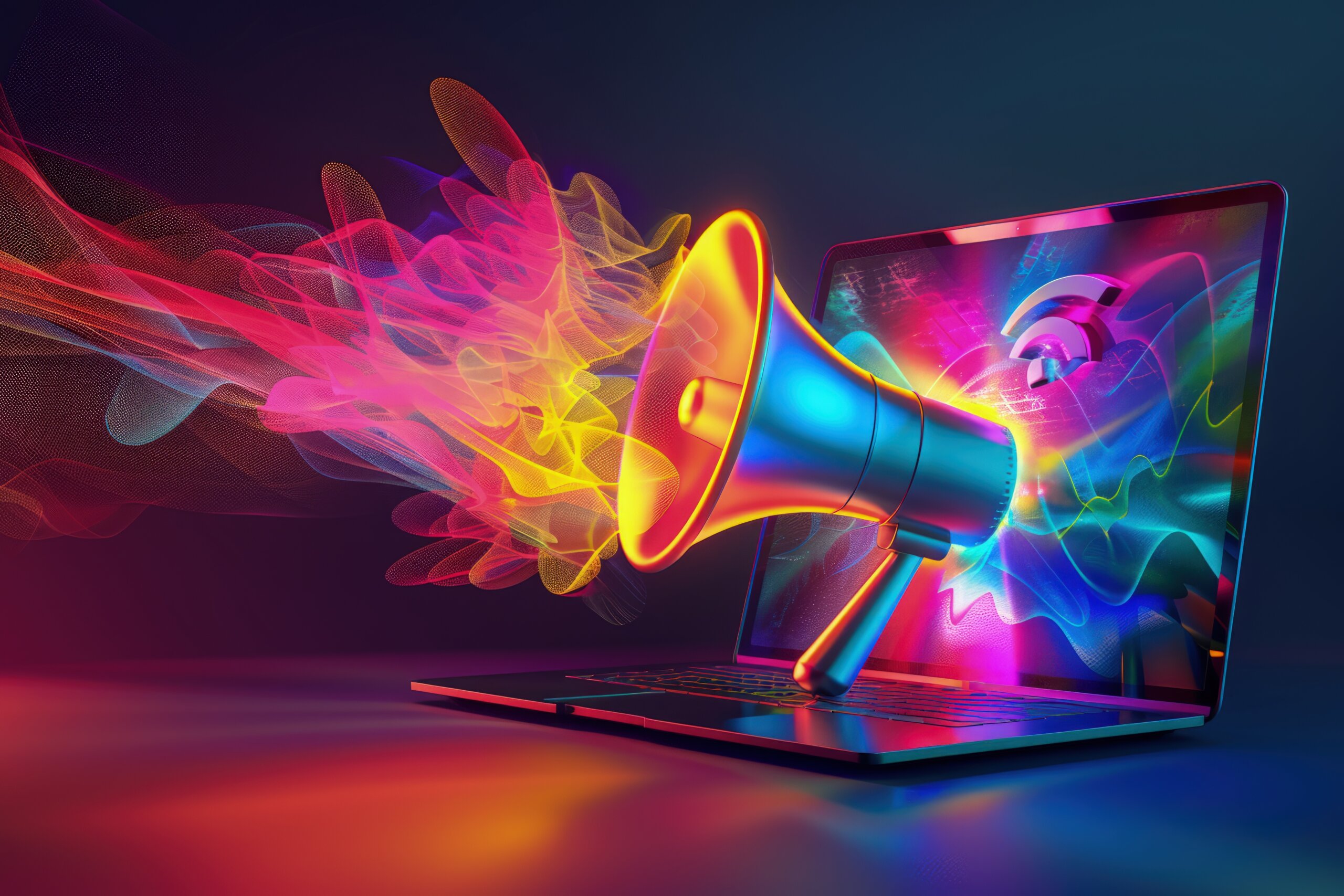
Brand Reputation Management
Monitoring and improving how a brand is perceived online and in the media.
Crisis Communications
A strategic approach to handling negative press, controversies, and brand crises.
Earned Media
Publicity gained through organic mentions in news articles, blogs, and social media rather than paid promotions.
Earned Media Value (EMV)
A metric that quantifies the estimated monetary value of earned media coverage, often used in PR and influencer marketing.
Executive Thought Leadership
Positioning executives as industry experts through op-eds, keynote speeches, and media interviews.
Key Message Development
Crafting consistent brand messaging across press releases, marketing campaigns, and media interactions.
Media Relations
Building relationships with journalists and media outlets to secure press coverage.
Owned Media
Brand-controlled content like blogs, websites, newsletters, and social media channels.
Paid Media
Promotional content a brand pays for, including digital ads and sponsored content.
Press Release
An official statement issued to the media to announce news, product launches, or corporate updates.
Public Affairs
PR focused on influencing public policy, government relations, and regulatory matters.
SEO PR
Blending traditional PR with SEO strategies to maximize digital visibility and media impact.
Unique Monthly Visitors (UVM)
The number of distinct users visiting a website within a given month, a key metric in media valuation.
Emerging Trends in 2025
AI-Powered Content Creation
The use of AI tools like ChatGPT, Jasper, and MidJourney to generate content at scale.
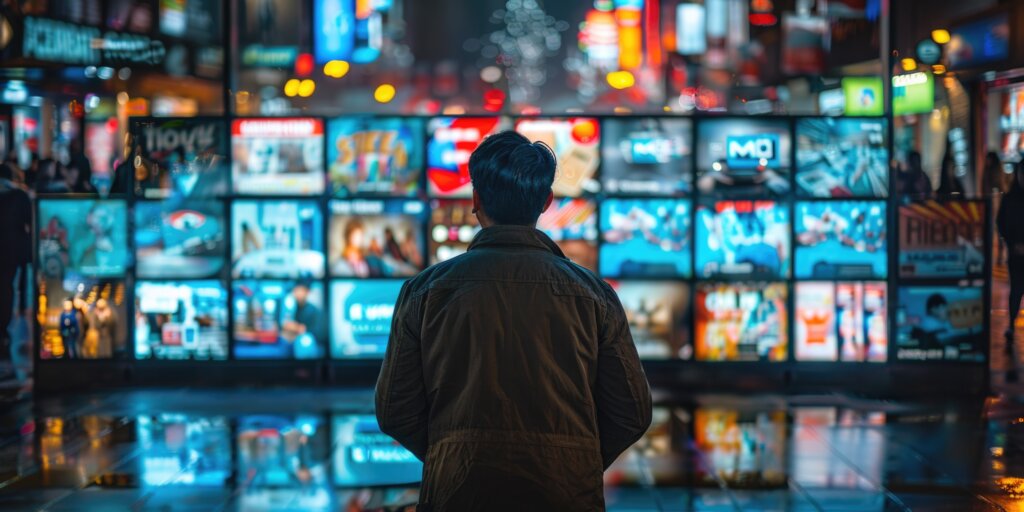
Convergence Media
The blending of earned, owned, and paid media into a unified, multi-platform strategy, ensuring brands maximize visibility across channels.
Generative AI in Search
How AI-driven search engines generate content snippets, impacting organic rankings.
New Media
Digital-first platforms like Substack, TikTok, and YouTube Shorts that bypass traditional gatekeepers. As covered in this blog, even institutions like the White House now recognize independent creators as key media players.
Synthetic Media
AI-generated videos, images, and voice content used in branding.
TikTok’s ‘Discount Roulette’
A dynamic pricing feature offering real-time discounts on trending products.
Final Thoughts
Mastering these 50+ marketing and PR terms will help you stay ahead in 2025 and beyond. Want to take your marketing and PR strategy to the next level? Contact us today for expert guidance.

